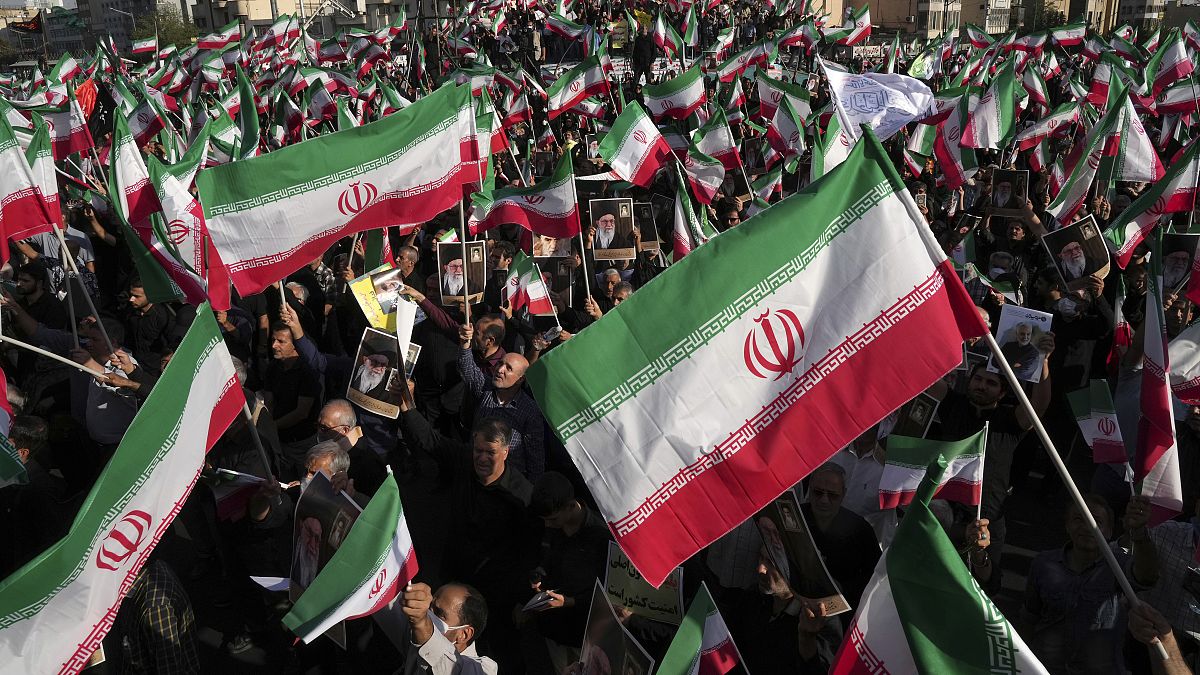The case of Italian journalist Cecilia Sala, who was detained in Tehran in December, has gained significant attention and has sparked public pressure and political tensions between Italy and Iran. Sala was arrested on charges of violating the laws of Iran, but no specific details were provided regarding the alleged violations. Italy has demanded Sala’s immediate release and has called for dignified detention conditions in accordance with human rights standards. Sala’s family has expressed concerns about her treatment in detention, with reports indicating that she was sleeping on the floor and lacked basic necessities. Sala’s case has become intertwined with that of an Iranian man who was detained in Italy just days before her arrest, leading to speculation that Iran may be using Sala as a bargaining chip to secure the man’s release.
The situation has raised concerns about the potential use of Sala as a bargaining chip by Iran in negotiations to secure the release of the Iranian man detained in Italy. This tactic has been used by Iran in the past, particularly since the 1979 US Embassy crisis, where US hostages were held for 444 days. The case has sparked public outrage in Italy, with calls for Sala’s immediate release and for her to be treated with dignity and respect in detention. Italian authorities have summoned Iran’s ambassador to demand answers and ensure Sala’s well-being while in custody. The Italian opposition Democratic Party has also voiced support for Sala’s release, condemning her treatment in detention as inhumane and unacceptable.
Sala’s arrest has been a cause of concern for Italian authorities, with reports suggesting that she is being held in Evin prison, a facility known for housing dissidents. The lack of transparency surrounding Sala’s arrest and the allegations against her have raised questions about the legality of her detention. Italian media have reported that Sala’s case may be linked to the detention of an Iranian man in Italy on charges related to a drone attack in Jordan that killed three American troops. The US has charged the man and a co-defendant with export control violations, but it remains unclear if there is a direct connection to Sala’s case.
The case has further strained relations between Italy and Iran, with Italy demanding answers and assurances regarding Sala’s well-being and legal rights while in detention. Sala’s family has expressed concerns about her treatment and lack of access to basic necessities, prompting calls for her immediate release. The use of prisoners as bargaining chips in international negotiations is a troubling trend that has been observed before, particularly in cases involving Iran and Western countries. Sala’s case highlights the challenges faced by journalists and individuals with Western ties in countries with restrictive laws and political tensions.
The Italian government and opposition have united in calling for Sala’s immediate release and for her to be treated in accordance with international human rights standards. The lack of transparency and information surrounding Sala’s arrest and detention has fueled speculation and concerns about her well-being. Sala’s case has become a focal point of public attention in Italy, with President Sergio Mattarella even addressing it in his end-of-year speech. The intertwined fates of Sala and the Iranian man detained in Italy have further complicated the situation, with reports suggesting that Sala may be used as a bargaining chip in negotiations between Iran and Western countries. The international community will be closely monitoring the developments in Sala’s case and advocating for her rights and well-being while in detention in Iran.











